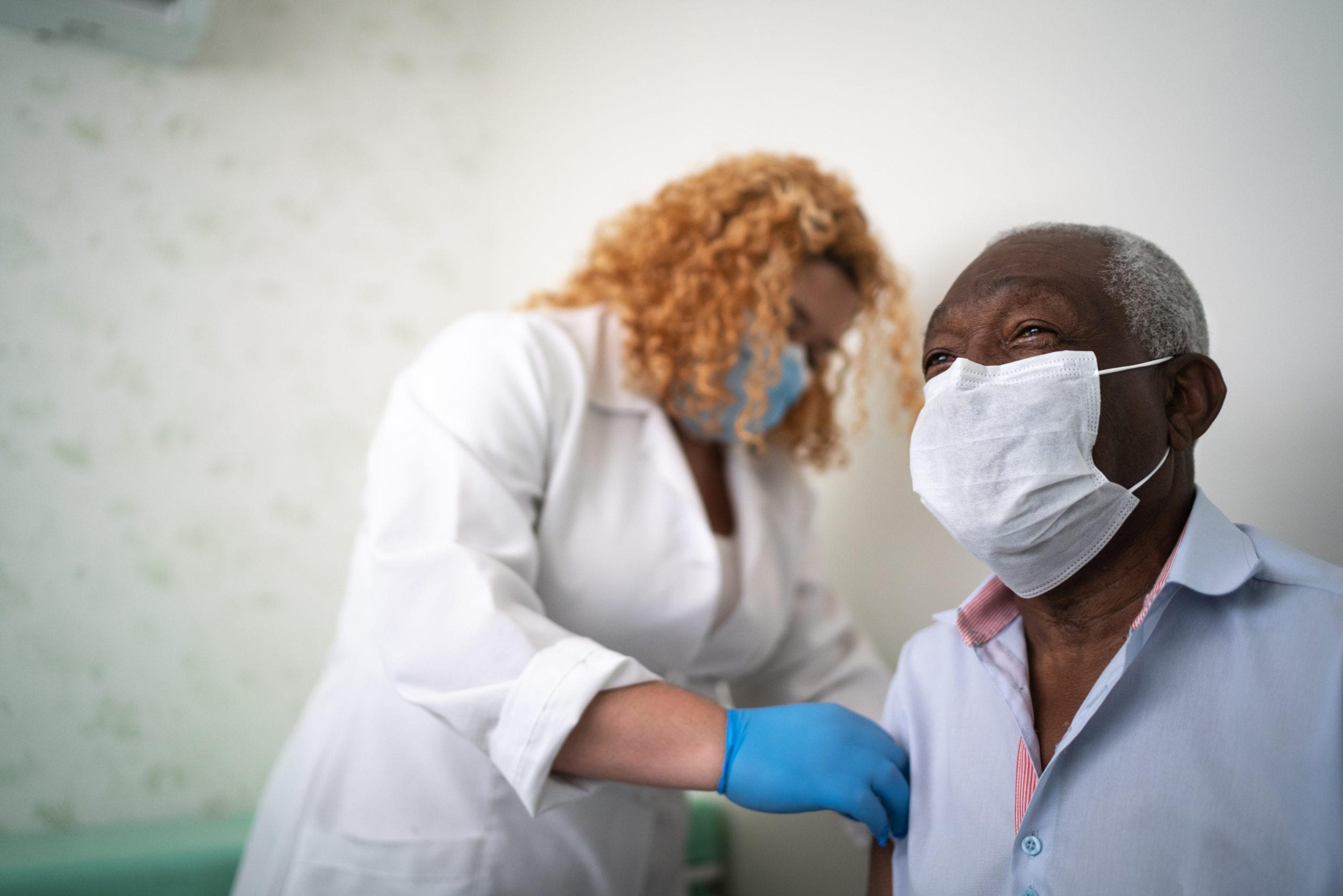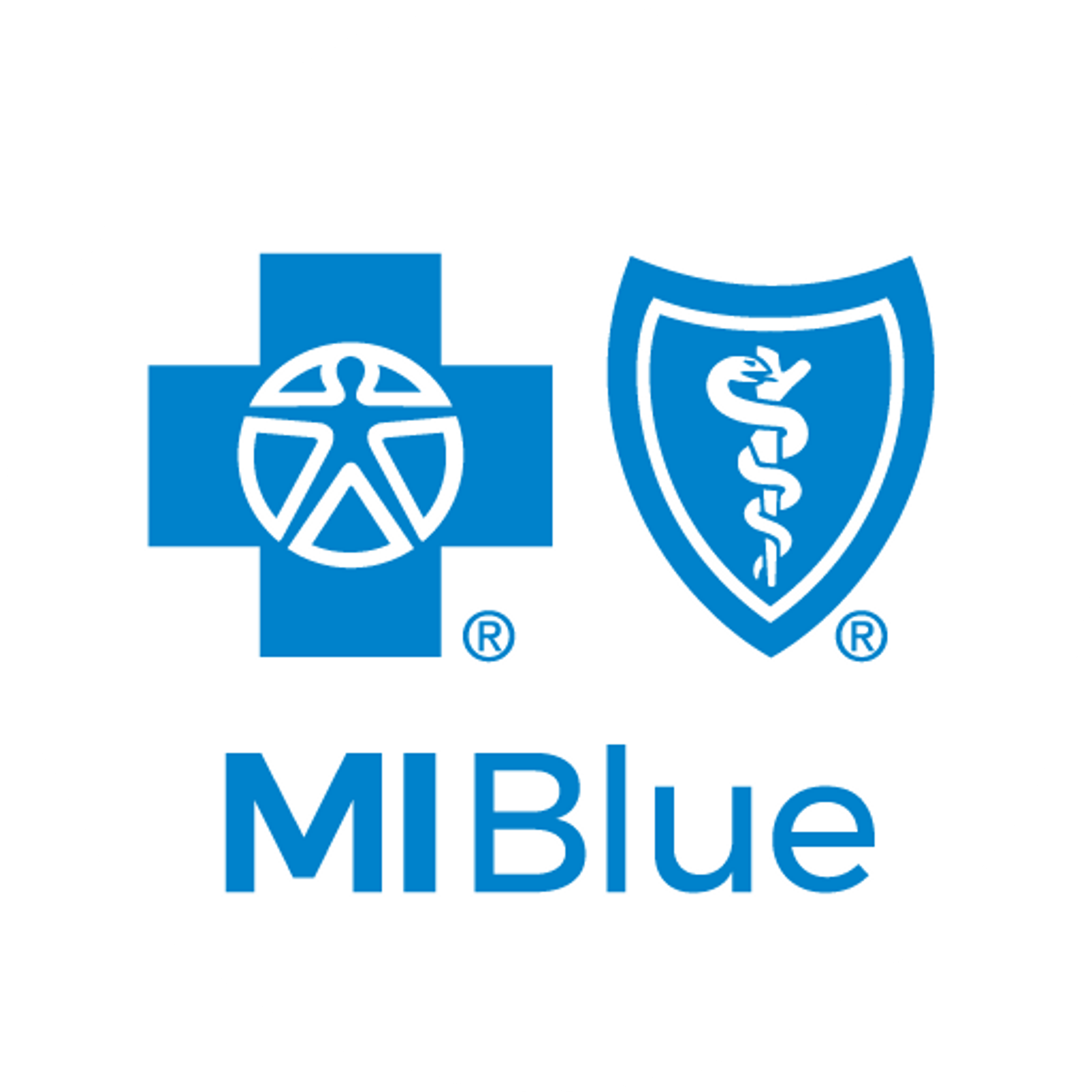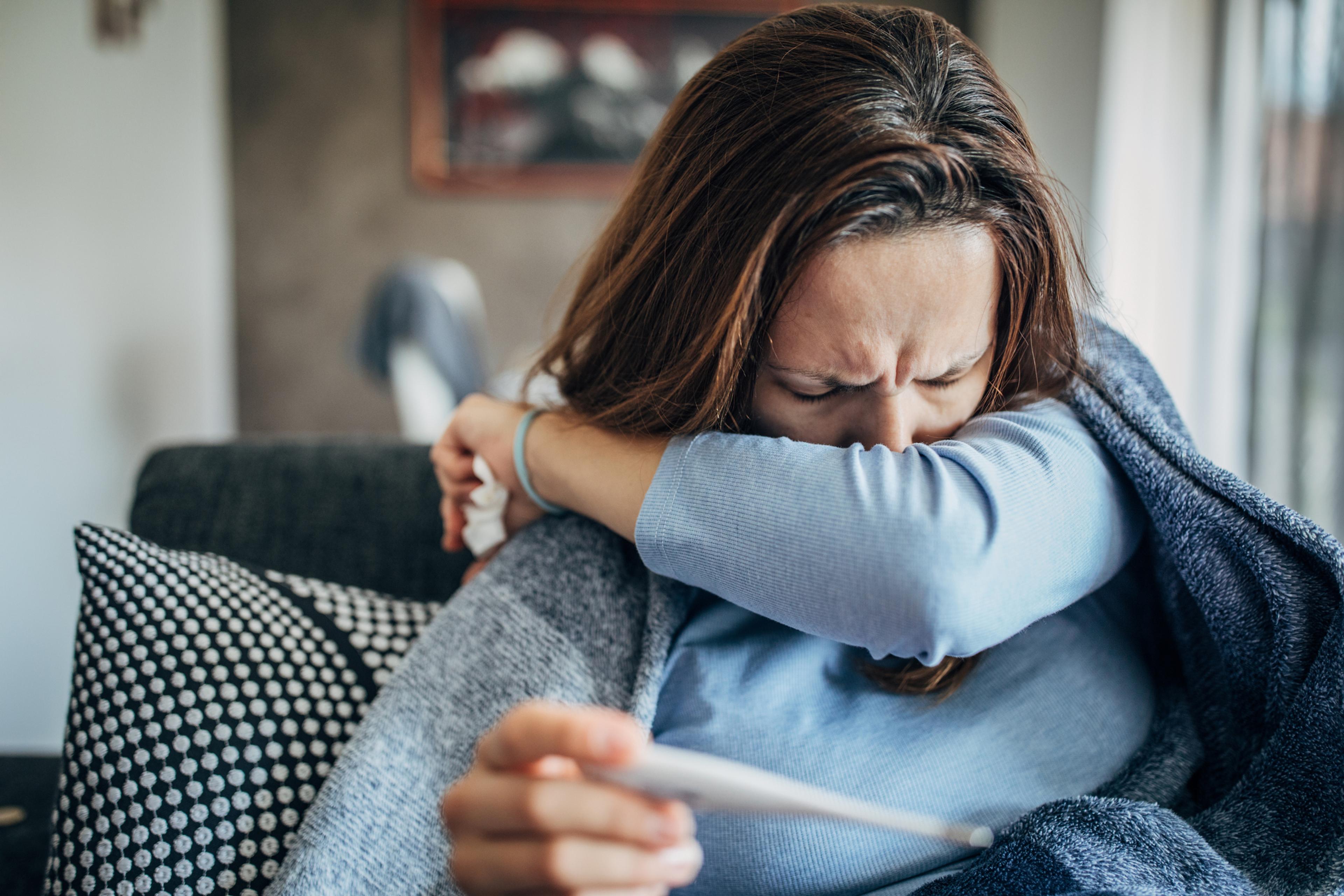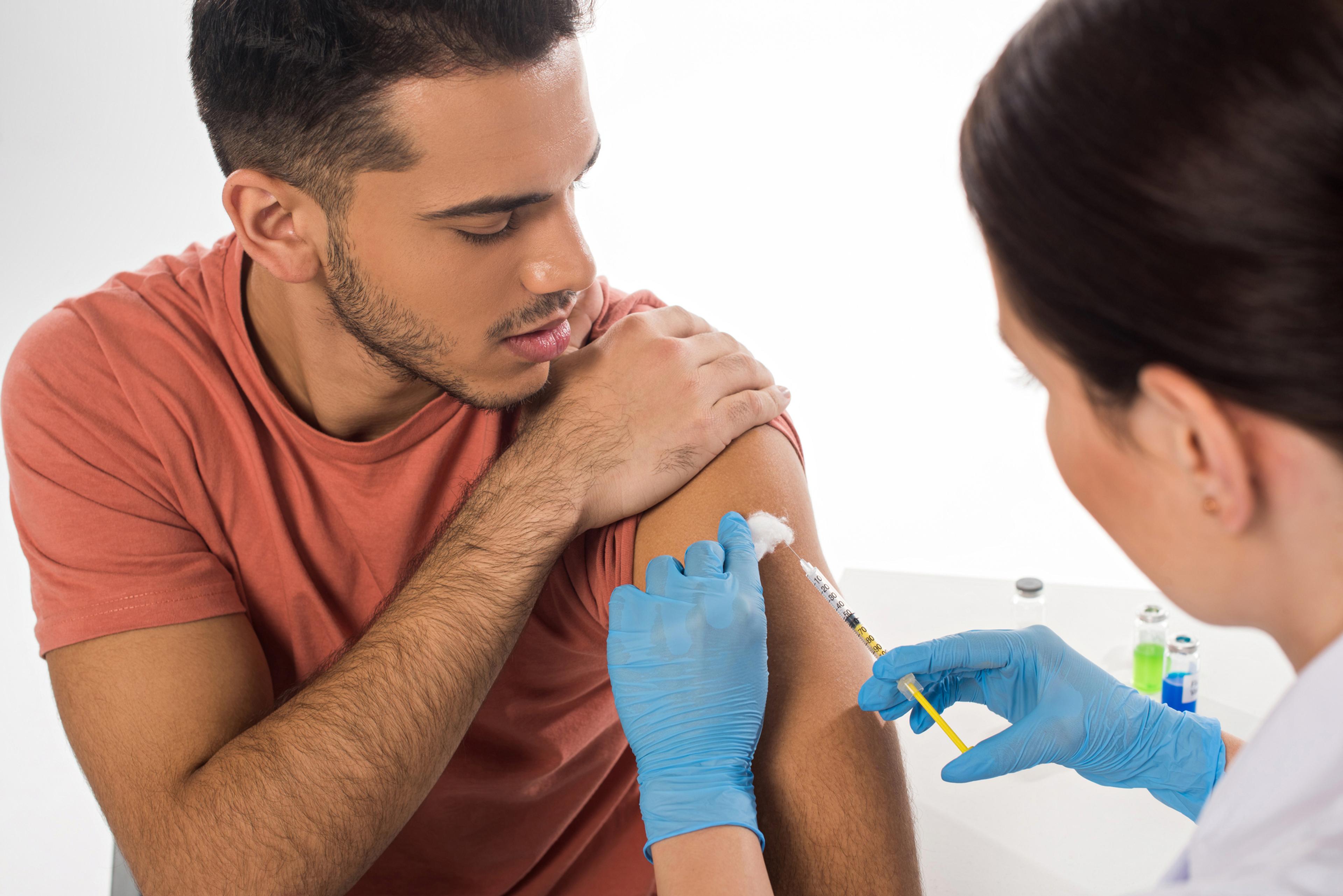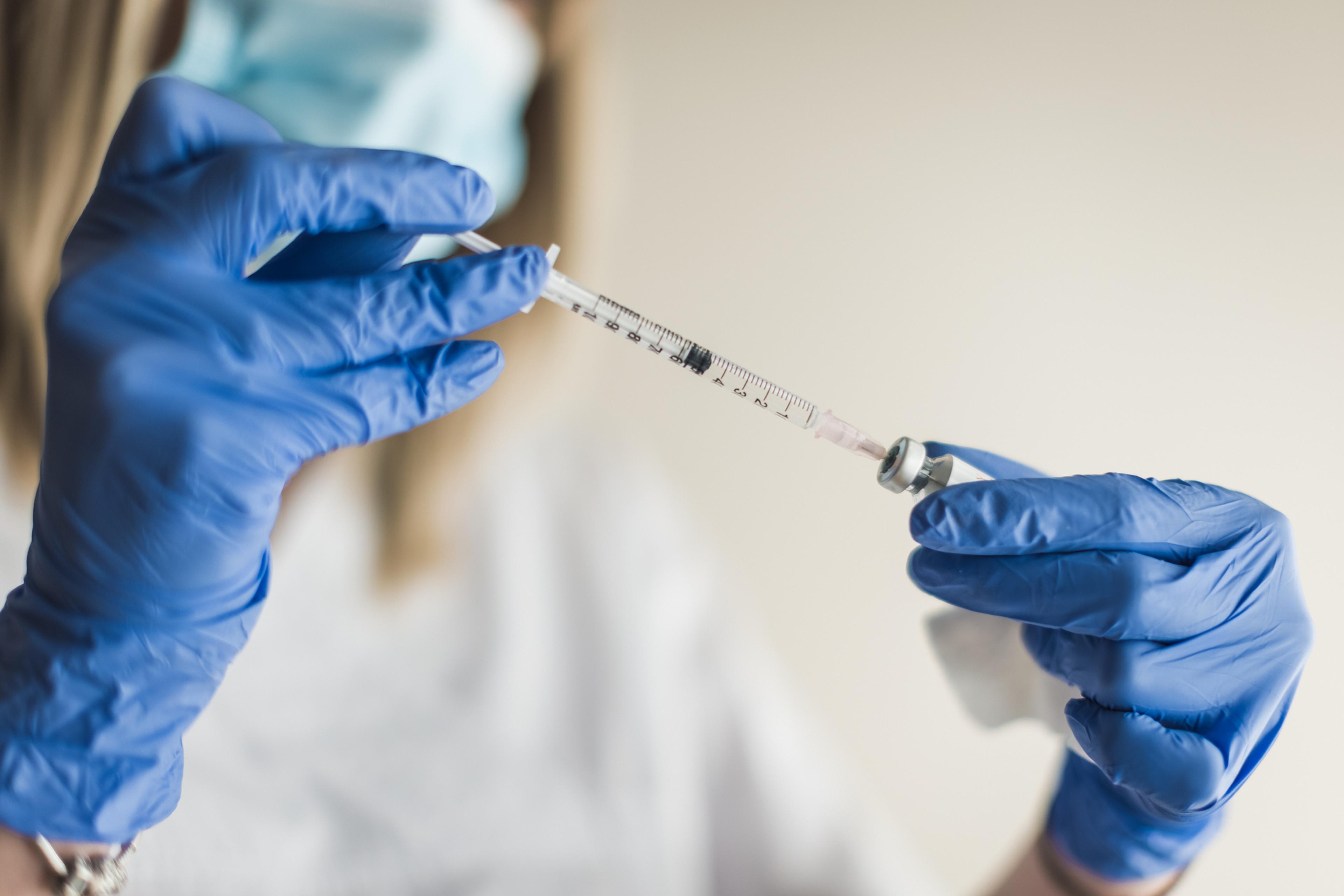Editor’s note: This post was first published Jan. 22, 2021 and was last updated Nov. 15, 2022, with COVID vaccine updates from state and federal health officials.
COVID-19 vaccines are safe, effective and widely available in preventing severe illness. All Michiganders aged six months old and up are eligible to receive a COVID vaccine. Health experts are urge everyone to continue following COVID-19 precautions: get a vaccine, wear a mask indoors if you are not vaccinated and to frequently wash your hands.
There are currently four COVID-19 vaccines – Moderna, Pfizer-BioNTech, Johnson & Johnson's Janssen and Novavax. The Moderna, Pfizer-BioNTech and Novavax vaccines both require two doses to be effective in most cases; except for children aged four and under. Johnson & Johnson's Janssen COVID-19 vaccine requires only one dose.
Here's the latest news on COVID vaccines:
- The U.S. Centers for Disease Control and Prevention advise everyone age 5 years old and up is eligible for a bivalent booster dose. Learn more here.
Individuals who are fully vaccinated can resume activities as they did prior to the pandemic and do not have to wear masks or physical distance, except for where required by law, rules or regulations, including local business and workplace guidance, as a result of updated guidance from the Centers for Disease Control and Prevention. However, if you're in an area of substantial or high transmission, the CDC advises fully vaccinated individuals should wear a mask in public.
To view the latest available vaccine pipeline dashboard, click here (last updated May 13). Here's what you need to know about vaccination efforts in the state of Michigan.
When will COVID vaccines be available to me?
Vaccines are widely available. All Michiganders age six months old and up are eligible to receive a vaccine. Find a vaccination location near you by visiting vaccines.gov. Where will COVID vaccines be available?
Vaccines are widely available across the U.S. Appointments may be necessary, but some locations may offer walk-in vaccinations. Retail pharmacies across the country are offering the COVID-19 vaccine.
- Find a vaccination location near you by visiting vaccines.gov.
Do I need two doses of Pfizer, Moderna and Novavax vaccines?
The Moderna, Pfizer-BioNTech and Novavax vaccines require two doses in the primary vaccination series to be fully effective in adults and children; however, children ages six months to four years old need three doses of the Pfizer vaccine to achieve best results. The second and third doses of the vaccines are identical to the first doses of the same brand.
COVID-19 vaccines that require two or three shots may not protect you until a week or two after your second shot, according to the CDC. The timing between your first and second shot depends on which vaccine you receive. In most situations, the vaccination site will schedule you for your second dose when you receive your first dose. Your second shot must be of the same vaccine brand as the first shot. For children under four years of age who receive the Pfizer vaccine, all three doses must be of the Pfizer vaccine.
Johnson and Johnson's Janssen vaccine is administered in one dose.
You may need a booster dose of the COVID-19 vaccine. Learn more here:
What are the potential side effects?
- Pain and swelling at the injection site
- Fever
- Chills
- Tiredness
- Headache
These side effects mean your immune system is responding by producing an immune response and is completely normal. If you do not have any side effects, that is also nothing to worry about. If your side effects do not go away after a few days, call your doctor. Call 911 and seek immediate medical care if you think you’re having a severe allergic reaction. At this time, the CDC do not recommend taking acetaminophen or other non-steroidal anti-inflammatory drugs like Tylenol or Advil prior to receiving the COVID-19 vaccines to prevent any vaccination symptoms. Patients who take these medications as a part of their current treatment plans should consult their primary care providers first before making any changes. The CDC has developed a smartphone-based tool called "v-safe" to check in with people after they have received a COVID-19 vaccine to track side effects. Learn more about v-safe here. The FDA advises there is a risk of a rare side effect -- Guillain-Barre syndrome -- associated with the Johnson & Johnson vaccine. Are the COVID vaccines effective?
Before these vaccines were authorized for emergency use, Moderna, Pfizer, Novavax and Johnson & Johnson were subjected to clinical trials with tens thousands of study participants to evaluate safety and effectiveness. A rigorous review by the FDA determined each vaccine would be safe and effective, offering reliable protection against even the worst COVID symptoms.
The CDC issued guidelines for people who have been fully vaccinated against COVID-19 on how they can safely visit with others. Read more here. The CDC advises fully vaccinated individuals can travel at low risk to themselves. Do the vaccines cause COVID-19?
No. The vaccines do not use the live virus that causes COVID-19. The Pfizer and Moderna vaccines use messenger RNA – called mRNA – to teach your cells how to make a protein that triggers the immune response. The Johnson & Johnson vaccine uses the genetic pattern of a portion of the coronavirus to teach your body how to respond to a possible infection. The Novavax vaccines use protein subunits to train the immune system to respond. As your body learns how to protect against a future infection of COVID-19, your body may have expected side effects.
Should I still get vaccinated if I’ve already had COVID-19?
Experts say yes. It’s unclear how long immunity from COVID-19 lasts if you’ve had an infection, so health experts are advising that those who have been infected with COVID-19 should still plan to get the vaccine. It is always a good idea to discuss such decisions with your doctor.
How were the vaccines developed so quickly?
Although the COVID-19 vaccines developed by Pfizer, Moderna, Novavax and Johnson & Johnson were developed more quickly than other vaccines, the FDA announced they followed all established protocols for vaccine development and testing and met the FDA’s standards for emergency use authorization. Are there populations who can’t get the vaccine or who should proceed with caution?
There are some groups that are not be able to get vaccinated:
- Infants under six months of age.
Some individuals might want to talk to their doctor about the best course of action:
- People with past severe allergic reactions to vaccines are advised to balance the risks of allergic reaction with the benefits of vaccination, and to be monitored after vaccination for any adverse side effects.
What will the vaccine cost?
You should not have to pay anything to receive a COVID-19 vaccine. There are two primary costs – the cost of the vaccine, and the cost of administering it to patients like you. The federal government will be paying for the initial cost of the vaccine, and Blue Cross Blue Shield of Michigan is paying for the administration for its members. No member should receive any bill.
Most employer health plans are picking up the cost of administering the shots, thereby relieving members of any out-of-pocket cost.
Blue Cross Blue Shield of Michigan and Blue Care Network will waive all copays, deductibles and coinsurance for COVID-19 vaccines for commercial members. For Medicare beneficiaries, the government is paying for the vaccine and administration of the vaccine.
Get the Facts with Dr. Jim Grant Video Series
More from MIBluesPerspectives.com:
